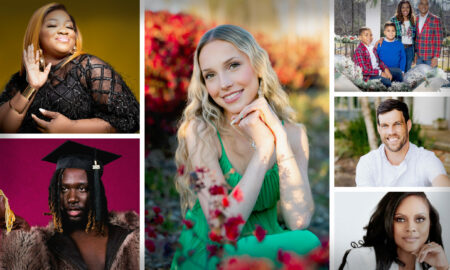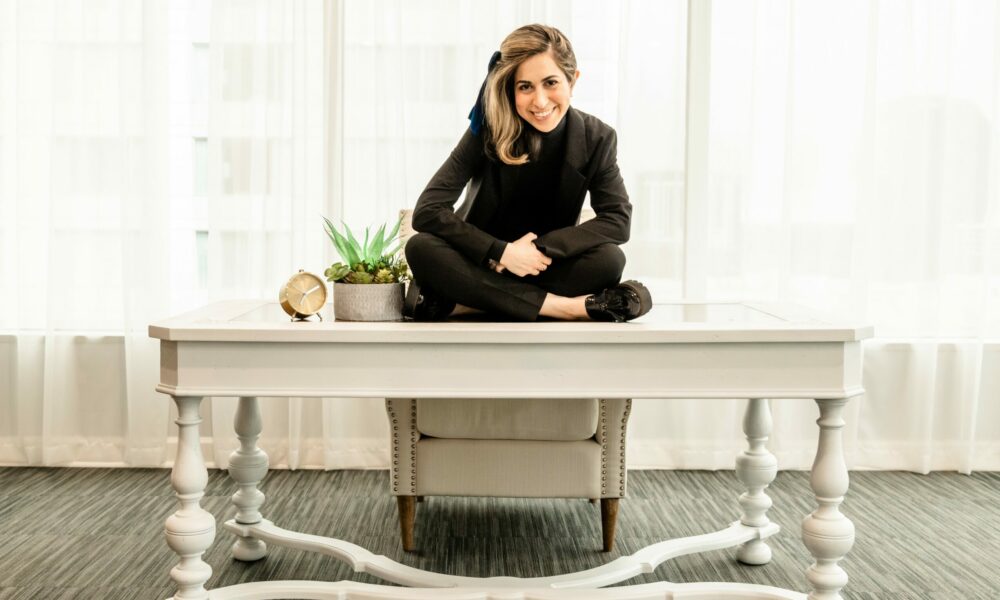

Today we’d like to introduce you to Gilly Kahn.
Hi Gilly, we’d love for you to start by introducing yourself.
It’s interesting how in our culture there is such an emphasis on career as the starting point of how we got to where we are. That’s actually where my brain went first when coming up with my answer. But career doesn’t define us as whole human beings, and the things I do today, I don’t even view as my career. Because I have been eating, sleeping, dreaming, Psychology and Creative Writing since I was 14. And I am a strong believer that our experiences when we are young can strongly contribute to the people we decide to become.
I lost my mother to breast cancer when I was only 4. My parents immigrated to the U.S. from Israel just a few years before I was born. We were actually planning to move back to Israel when my mother got diagnosed, so my life made a complete 180 after she passed. I went from living in a warm, religious Jewish home environment, to living in a stressful environment without a mother.
My father grew up in poverty while living in Israel after my grandparents fled the Holocaust with nothing but the clothes on their backs. When he first moved to the U.S. looking for a job, my father lived out of his car and would take showers on public beaches because he could not afford to stay in a hotel. My mother did most of the caregiving for me and my brother, so when she passed away, it was a shock to our whole family system. Suddenly, I was a girl growing up into a young woman who was not taught anything about becoming a woman until I actually became one.
My mother was described to me as “eccentric” by several family members, and this is unsurprising, but also frustrating because I never got the chance to really know her. What I did know then, and what I still know now is that I’m also “different” and that people often misunderstand me and my intentions. Did I mention I am neurodivergent (I have Attention-Deficit/Hyperactivity Disorder; ADHD)? Growing up, I loved creative writing and learning about people and their idiosyncrasies.
The first time I worked with neurodivergent kids was when I was 19, and I loved every minute of it. Learning that I am ADHD (at age 33) led me to follow up on my long-standing goal to publish a book, and its aim became educating others about ADHD’s unique presentation in girls and women.
I want to teach others through writing in narrative format, so readers feel less like they are reading academic material, and more like they are learning through stories. All of this led me to my work as a clinical psychologist and now as a debut author (under contract) focusing on neurodiversity and emotion regulation.
We all face challenges, but looking back would you describe it as a relatively smooth road?
Not at all. But also — any valuable road will inevitably include obstacles. I’ve learned that the saying, “Nothing that is worth it in life comes easy” is absolutely true. I am the first person on either side of my family to earn a doctoral degree. Yes, my childhood wasn’t easy, but also, compared to other childhoods, it was. For example, even though my family’s financial situation was tight, I was able to attend a private school on scholarship, and my father worked tirelessly to afford help and higher education for me and my brother. My father’s strong personality is also what encouraged me to be persistent, stubborn, and gritty. He taught me that if you really want something, you cannot give up. And I didn’t.
I didn’t give up when I needed to take the entrance exam 6 times to earn the minimum score to be considered for the college program I wanted to attend. Nor when I was rejected from doctoral programs the first time around. Nor when I reviewed the 7 pages of book-proposal rejection emails compiled very neatly by my literary agent. I’ve learned to view those pages as golden pages of opportunity because what they say to me is that I have busted my a** to get to this point, and this is an invitation to become even better. I want to use these lessons to help people accomplish their values-driven goals because living a fulfilling and meaningful life is living a happy life.
Alright, so let’s switch gears a bit and talk business. What should we know about your work?
I am working as a clinical psychologist at Concierge Psychology in Buckhead, Georgia, where I provide individual therapy to people across the lifespan. The practice is unique in that we offer concierge services that make it convenient and practical for professionals who live busy and private lives.
Most of my clinical work focuses on neurodiversity (ADHD and autism), anxiety, and depression. I am trained in various therapy types including Acceptance and Commitment Therapy (ACT), Cognitive Behavioral Therapy (CBT), Exposure and Response Prevention (ERP), Parent-Child Interaction Therapy (PCIT), and Comprehensive Behavioral Intervention for Tics (CBIT).
I am writing my first book, Allow Me to Interrupt: A Psychologist Reveals the Emotional Truth Behind Women’s ADHD (working title), which should be available for purchase by 2026. My personal experience with ADHD, my diagnosis journey, and my experience as a psychologist and mother have informed this work, and I’m really excited to share it with others. I think what sets me apart are my years of love and experience in psychology, creative writing, diversity, and motherhood.
If we knew you growing up, how would we have described you?
I am not exactly sure what I was like before middle school, though I’ve been told I was outspoken and overly emotional when I was comfortable around others. I know that in middle school and beyond, I was deeply feeling and often torn between wanting company and wanting to be alone. I also despised feeling bored.
In school, I often wavered between sitting with a couple friends at lunch and sitting alone at a distinct corner of the school, writing my next big short story or reading a Stephen King book. The other memory that stands out is that I was the girl the other girls went to with secrets. I guess others appreciated that I listened and was reliable, and I appreciated that they came to me because I enjoyed being there for them.
I know others saw me as “smart” and “witty” and this definitely got me into trouble. In college and grad school, people sometimes misinterpreted my behavior as sassy or they deemed me a “know-it-all” when I was really just excited to share what I’ve learned. One thing I’m trying to spread more awareness about is that ADHDers often come across as rude, but their intentions are almost never to offend or hurt anyone. If anything, it is exactly the opposite. We are probably the most sensitive and caring human beings you’ll ever meet. And I think it becomes easier to see these characteristics once people are able to move past the expectations embedded into social and cultural nuances.
Contact Info:
- Website: https://www.drgillykahn.com
- Instagram: https://www.instagram.com/drgillykahn/
- Linkedin: https://conciergepsychology.com/drkahn/
- Other: https://www.psychologytoday.com/us/therapists/gilly-kahn-atlanta-ga/1273562
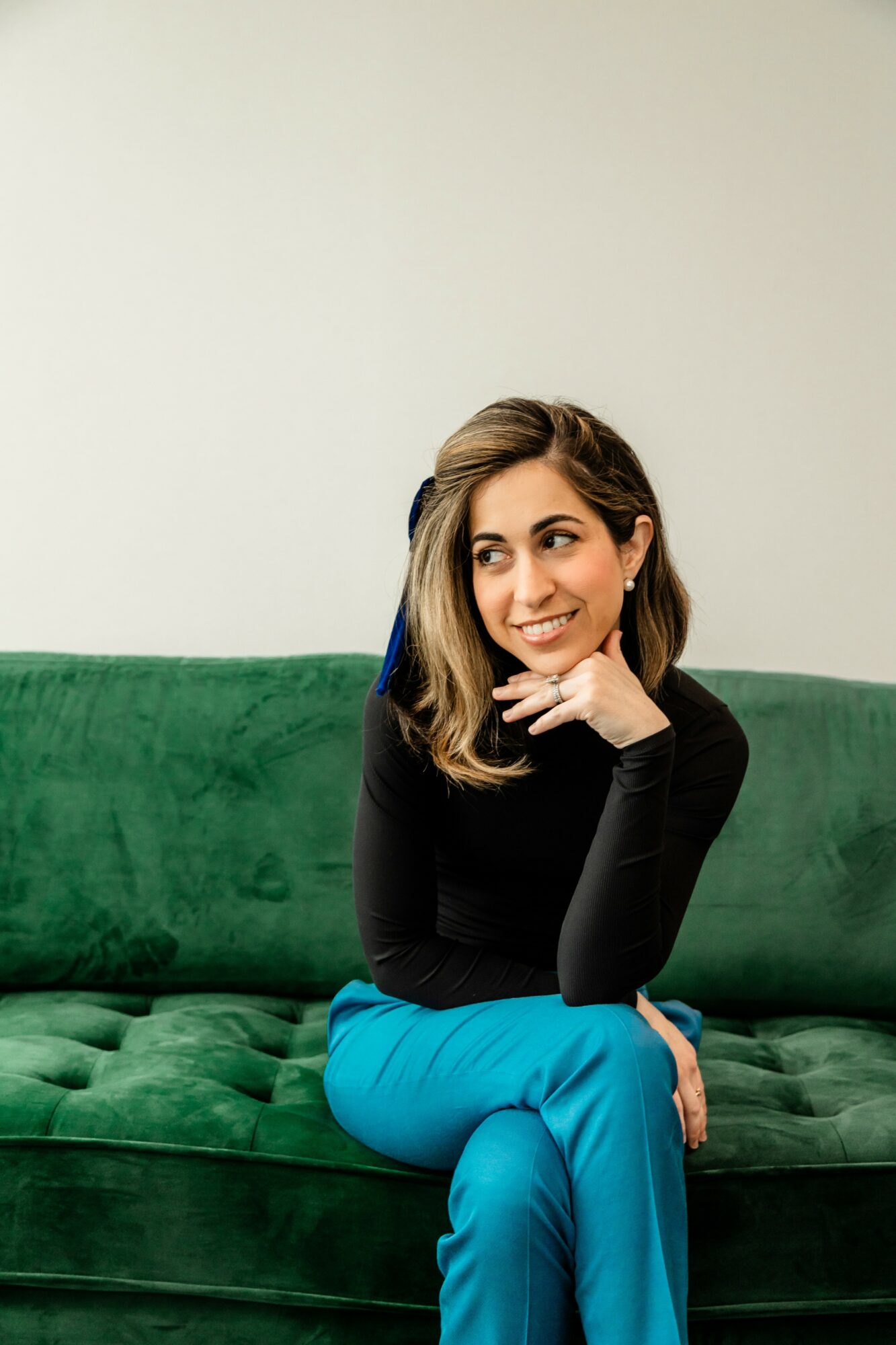
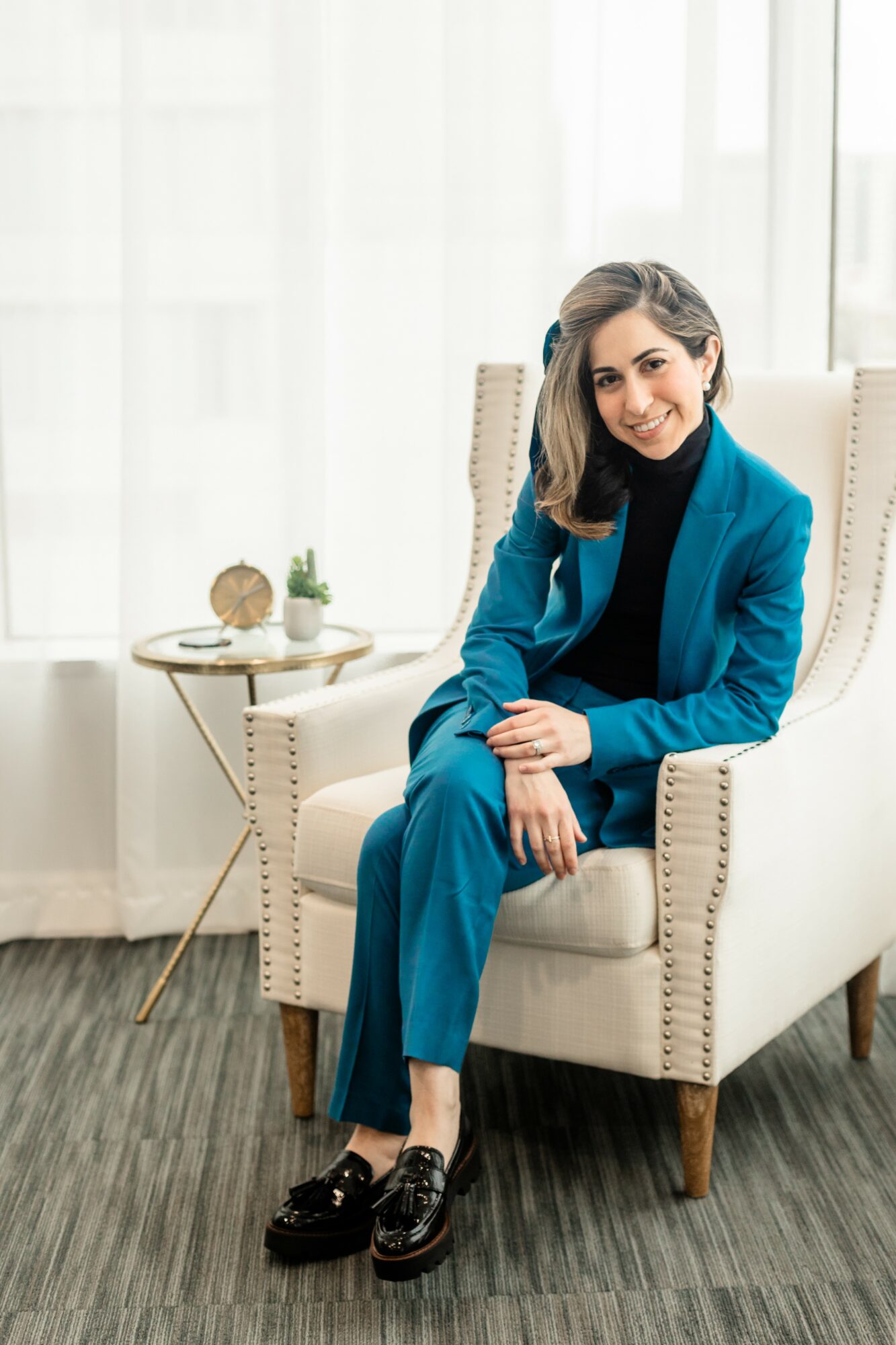
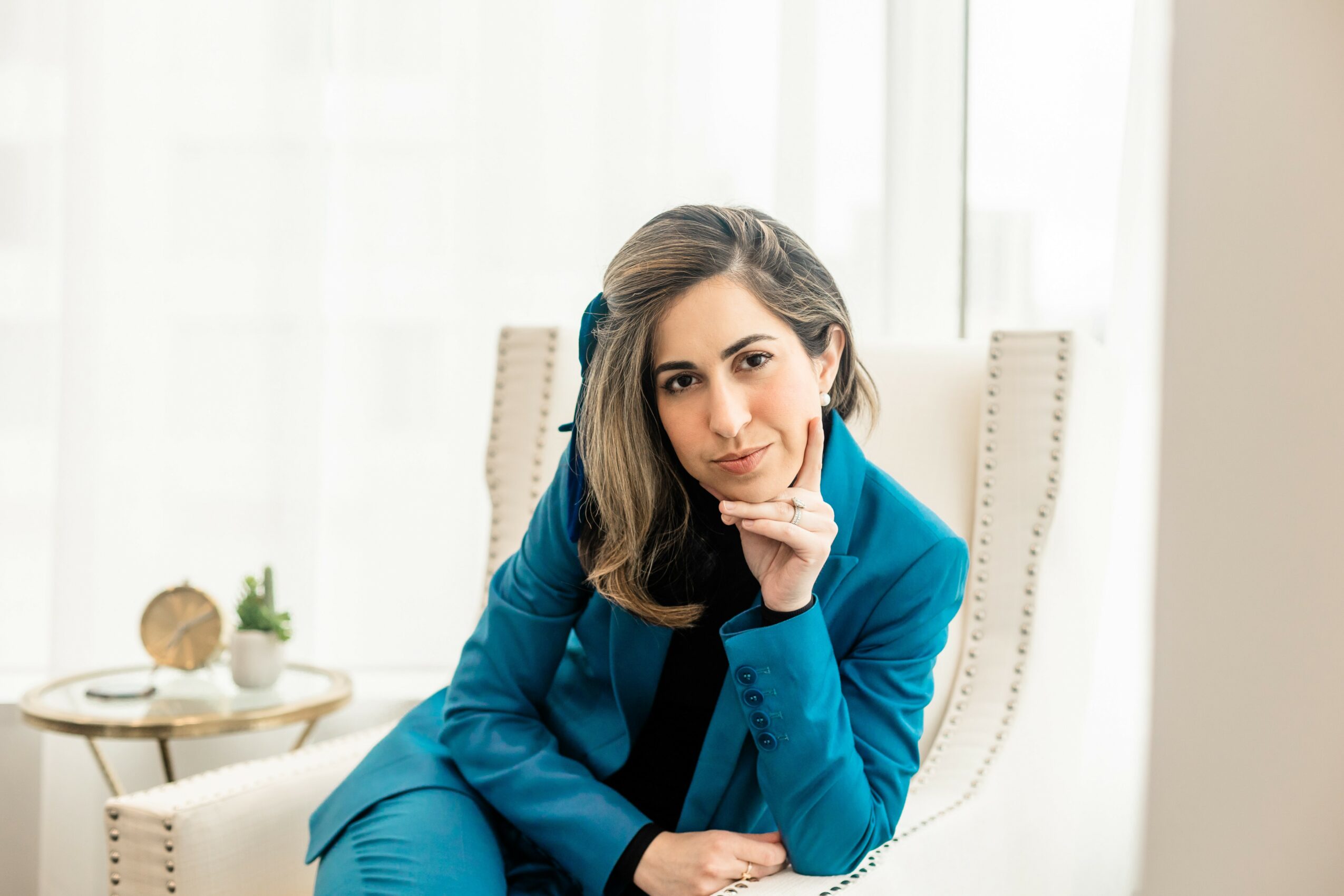
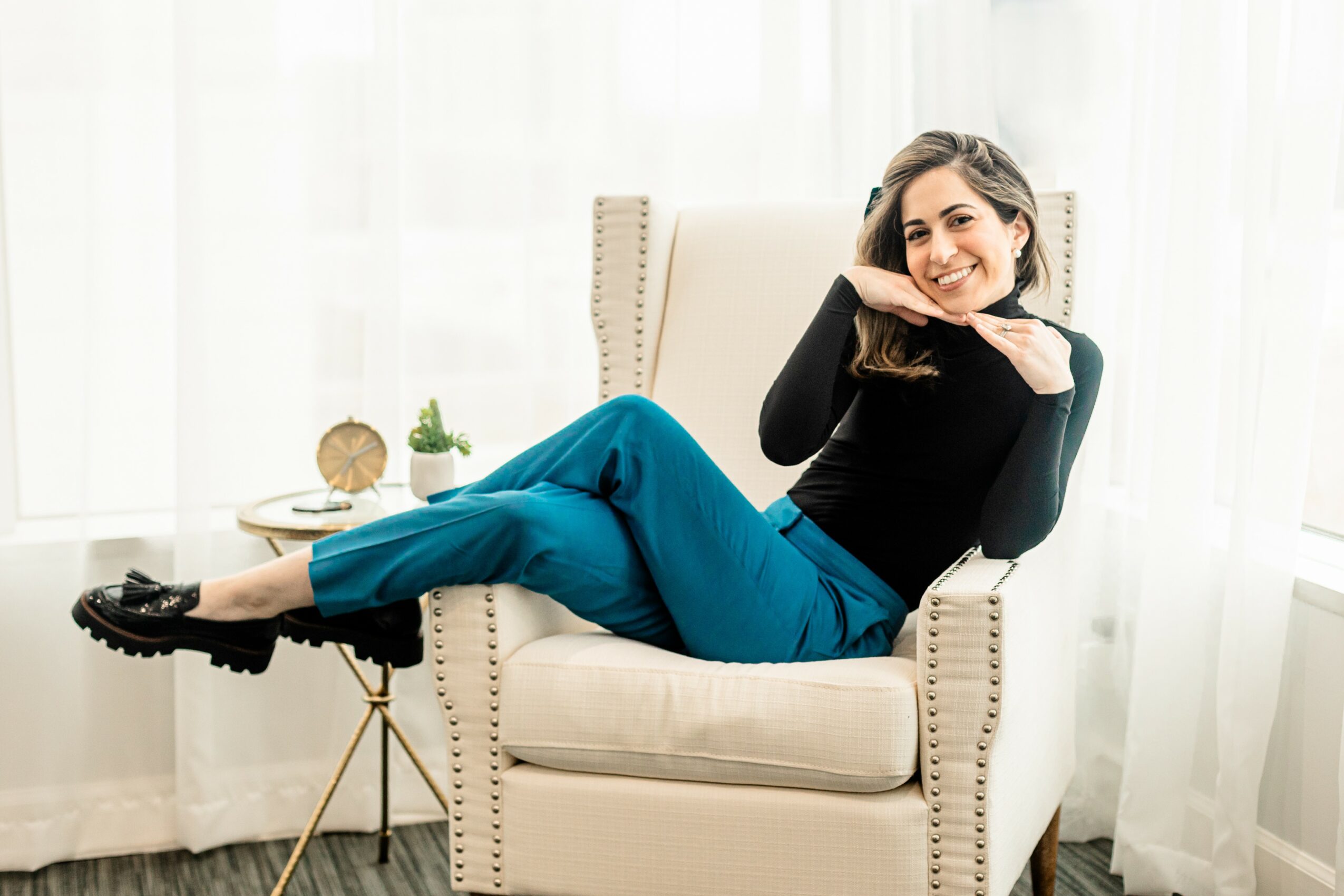
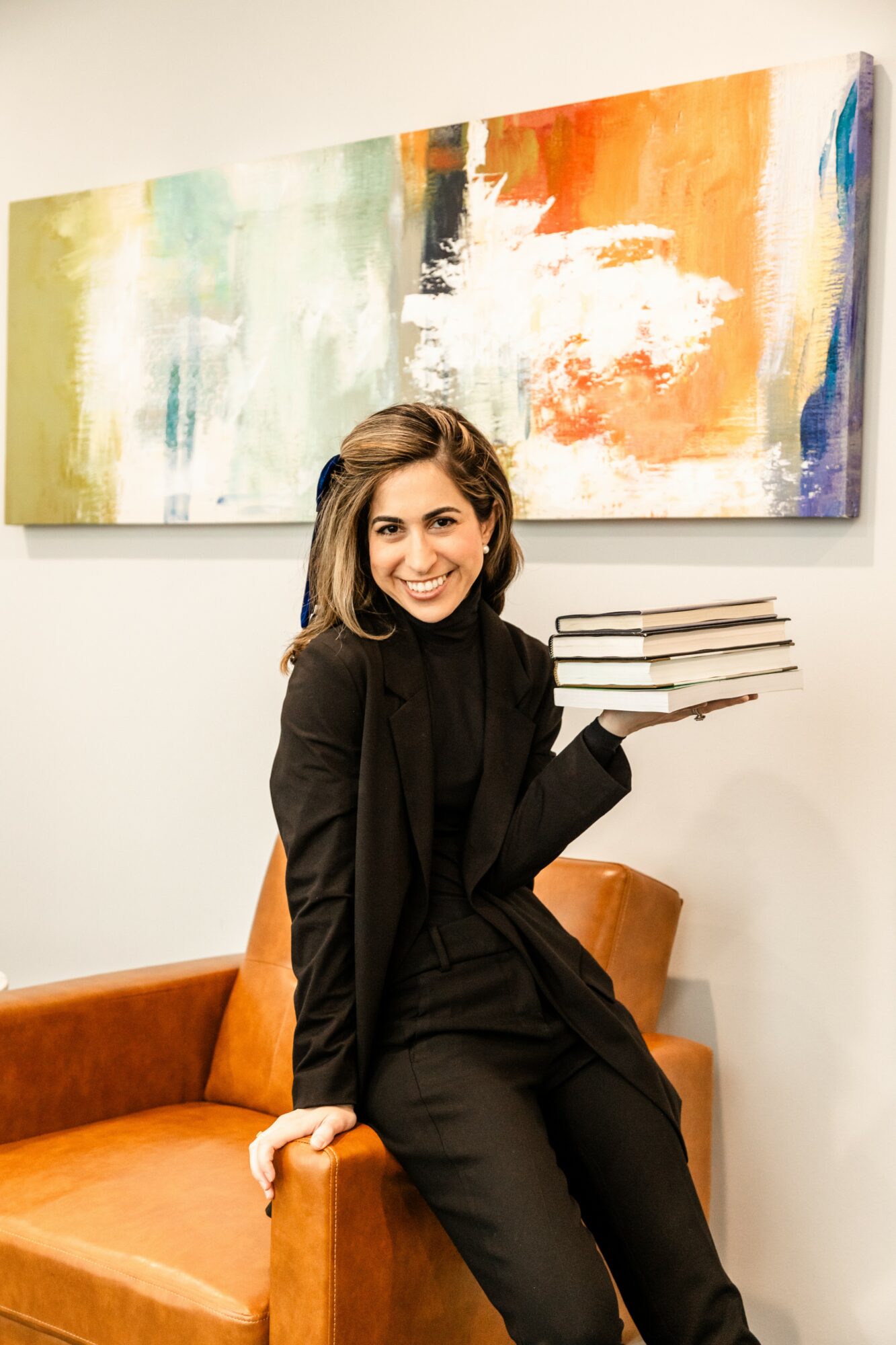
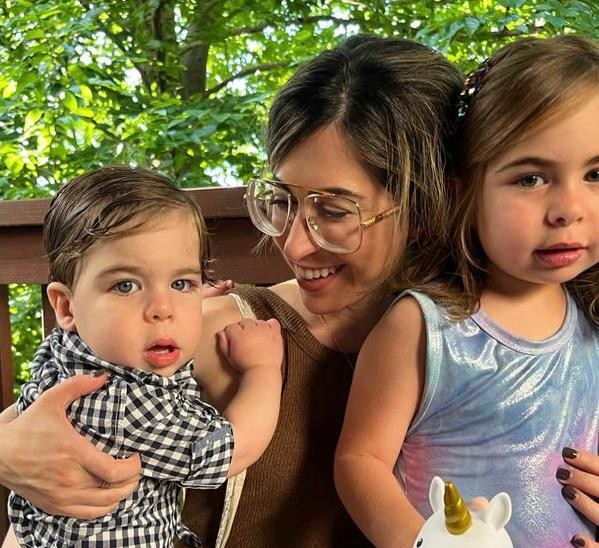
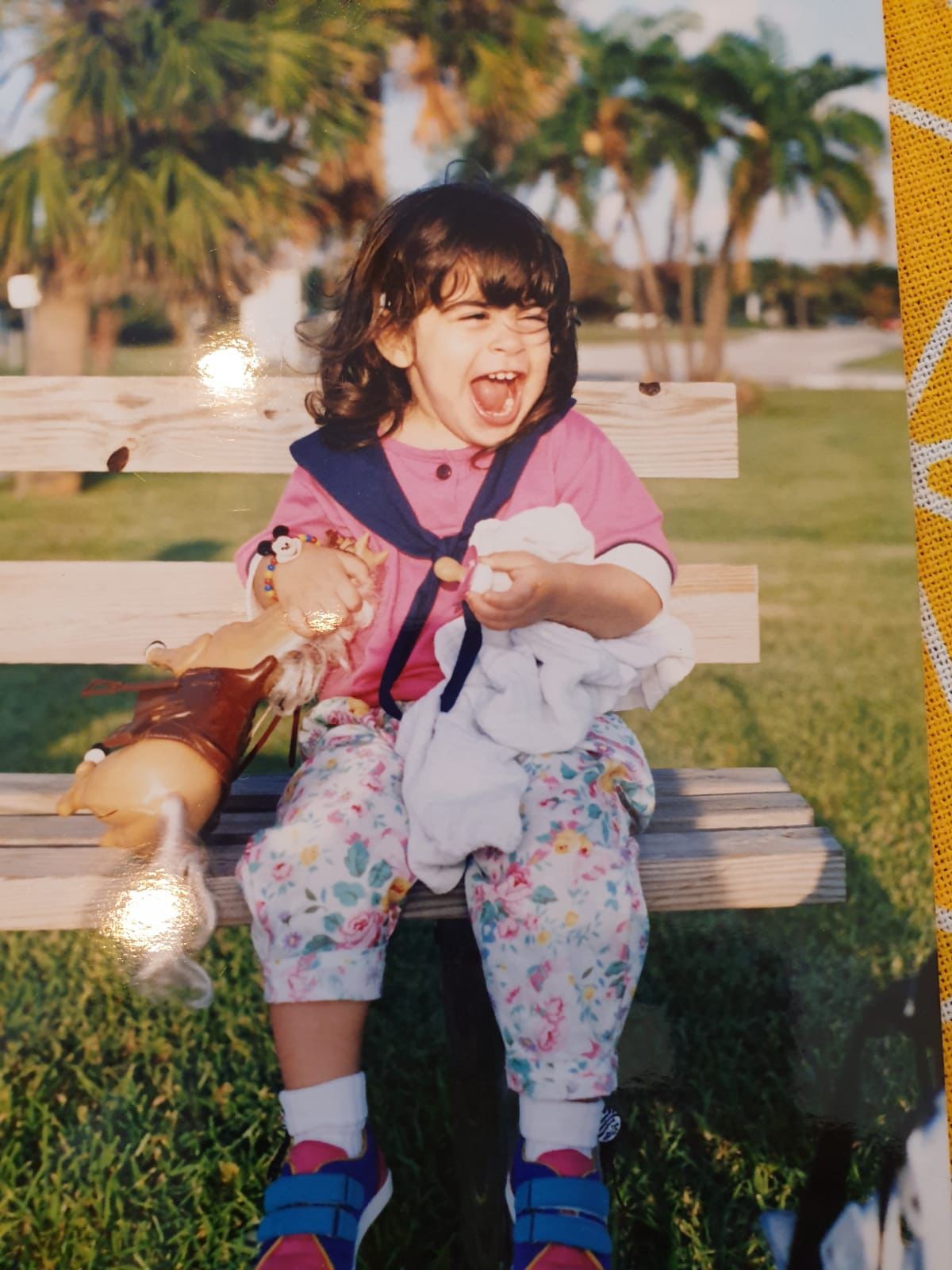
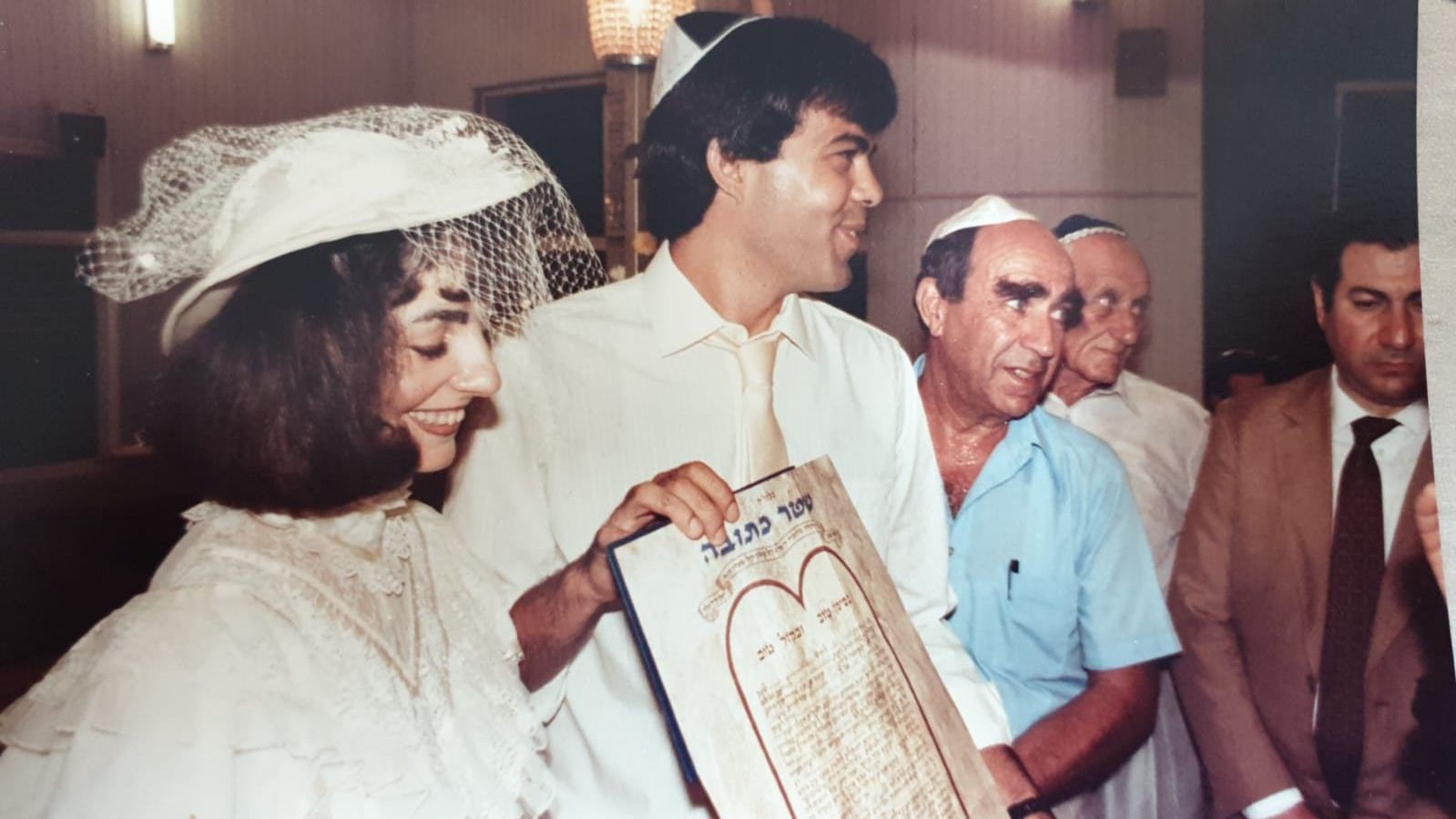 Image Credits
Image Credits
One Love Photography (Paige Brigman): https://onelovephotography56.pixieset.com

